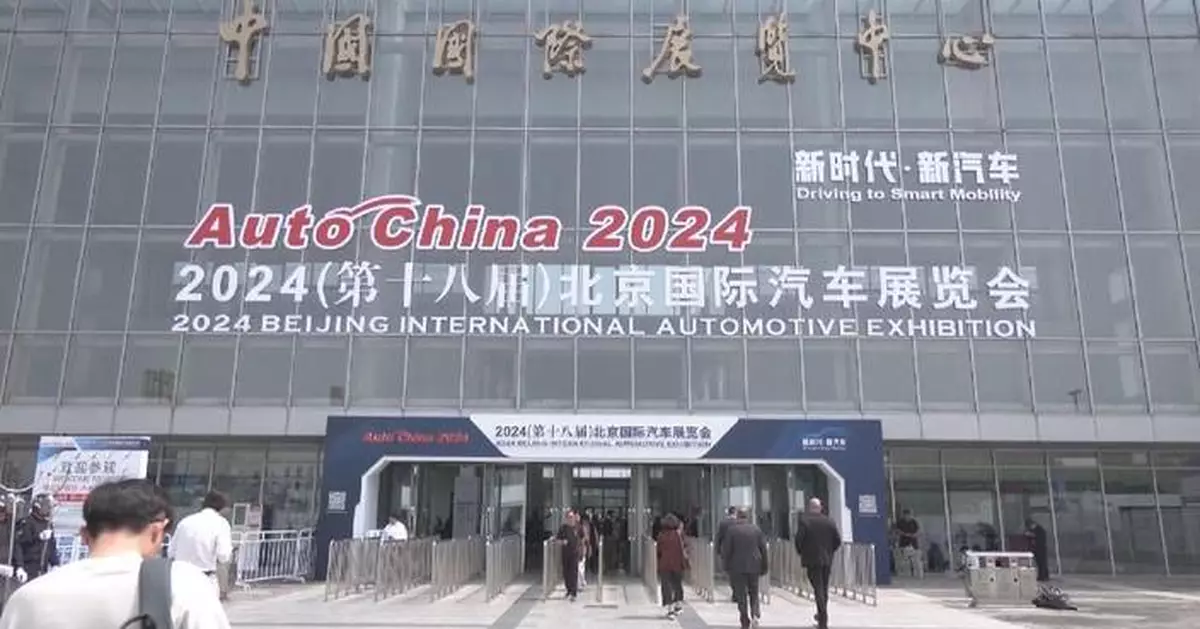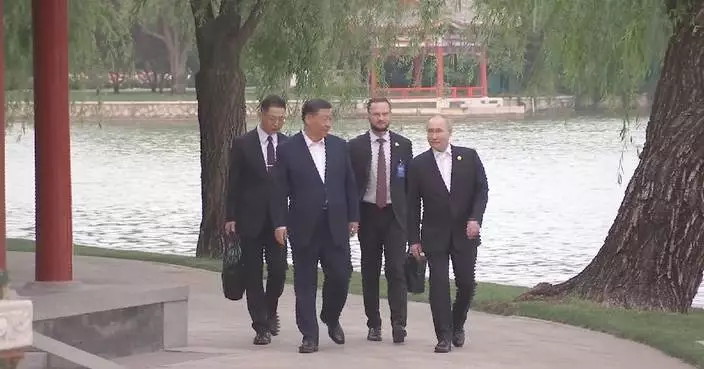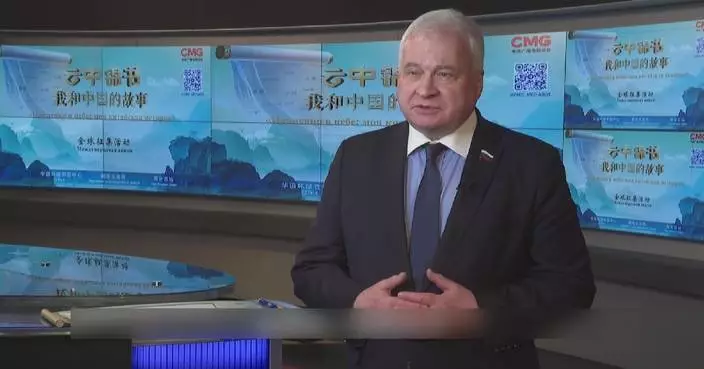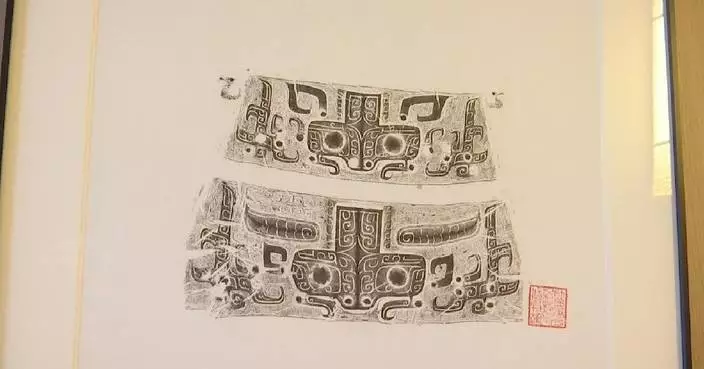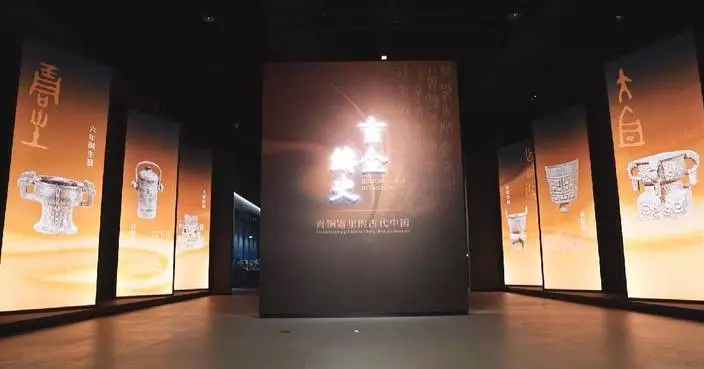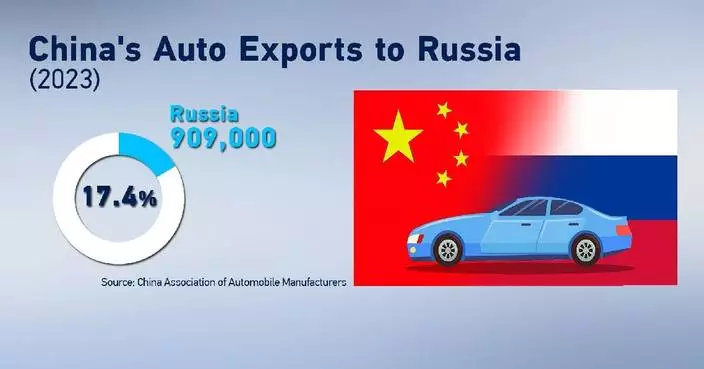Chinese auto brands in the new energy vehicle sector are actively expanding their influence by leveraging the platform of the ongoing 2024 Beijing International Automotive Exhibition (Auto China 2024).
At the auto show, which kicked off on April 25 and will last until May 4, the booths of numerous Chinese independent brands attracted a steady stream of international visitors. Among them are partners of Chinese auto brands, along with dealers and purchasers.
Since the beginning of this year, the Chinese new energy vehicle brands have accelerated their export. The BAIC Group said that their commercial vehicles have maintained the top position in overseas exports for over a decade. This year, their primary focus will be on further increasing the export of new energy products.
"China has been a front-runner in developing new energy vehicles in recent years. As China is developing new quality productive forces, new energy is an important track and the only way for China's automobiles to become bigger and stronger," said Jiang Zili, deputy secretary of the Party Committee of BAIC Group.
Meanwhile, Chinese auto brands are building factories abroad. On January 30, BYD signed a land pre-purchase agreement with the Szeged Municipal Government in Hungary. Similarly, on April 19, China's Chery Auto announced its plans to aestablish a comprehensive utomobile manufacturing base in Zona Franca (Barcelona), Spain. Additionally, GAC Aion's factory in Thailand is set to commence production in July of this year.
"We strive to open the factory in Indonesia at the end of this year. Meanwhile, we are making arrangements in Europe, Africa and the Middle East," said Gu Huinan, general manager of GAC Aion.
In addition to investing in overseas vehicle factories, China's new energy vehicles are continuously improving the industrial ecological chain.
Chinese auto company NIO has built 42 battery swap stations in Europe, initially forming a complete battery swap network on the continent.
"We have established a battery swap station factory in Hungary. We believe that this rechargeable, swappable, and upgradeable technology can be shown to more users around the world as well as to the global auto industry," said Li Bin, founder of NIO.
Lin Changbo, general manager of Dongfeng Liuzhou Motor Co., Ltd, said that China's auto exports are poised for rapid growth this year.
"This year is a big year for the export of China's vehicles, with the entire industry projected to experience a growth of nearly 40 percent," said Lin.

China’s NEVs expand global influence


